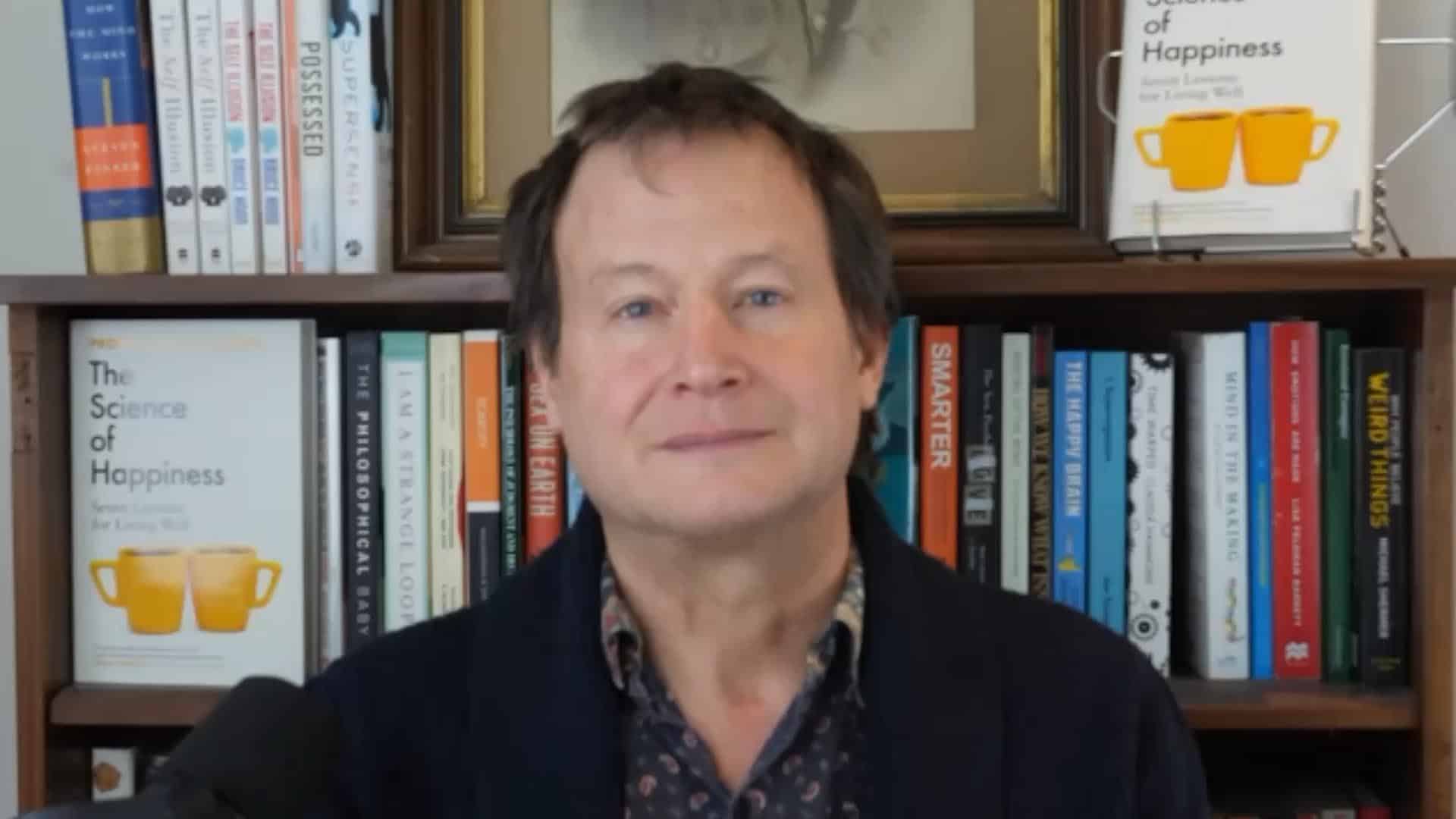Six years of research, combined with courses teaching how to improve well-being and become a happier person, have shown that applying appropriate strategies can yield satisfying results. Taking a course conducted by scientists from the University of Bristol can improve well-being parameters by as much as 15%. However, it turns out that the recommended exercises need to be performed consistently—otherwise, there is a regression to the level before their implementation. The positive research outcomes prompted the author to publish a guidebook. Its Polish-language version will be released in May.
“The way to learn happiness is to understand that it depends on how we approach the problems we encounter in life. It’s not about what happens to us, but rather how we respond to these events. If we want to be happier, we need to learn to notice that we focus too much on negative information and start approaching it in a much more positive way. That’s what positive psychology is all about. It’s about changing the way we think about problems,” says Bruce Hood, Professor of Developmental Psychology at the University of Bristol and author of the book “The Science of Happiness,” in an interview for Newseria Innovations.
The “Science of Happiness” course started at the university in 2018 was the first of its kind in the UK. Within its framework, students learn to train mechanisms that, according to the latest peer-reviewed research in psychology and neuroscience, build a sense of happiness. As the author writes in the introduction to the book, over 500 students and staff attended the first day of the course.
“The best way to train happiness, or to work on it, is to realize that sometimes we will be unhappy, but we must learn to think in a much more positive way. We recommend seven activities, four of which are simple things that anyone can do—and I talk about them in my book. The remaining three are habits that take time to learn. For example, meditation is an incredibly powerful technique that allows us to control how our mind works. We’ve found that using it increases happiness levels in the long term,” explains Professor Bruce Hood.
The seven life-changing lessons are: change your ego, avoid isolation, avoid negative comparisons, cultivate your optimism, control your attention, build relationships, and get out of your own head. The most important message is about building bonds between people. This is seen, for example, in the first lesson (change your ego): “We start from a very egocentric I, but over time we become more aware of others and our place in society. If egocentrism dominates, there is a risk that focusing on oneself will distort our perspective and lead to unhappiness,” reads an excerpt from the Polish version of the book provided by PWN.
Students who participated in the course reported a 10-15% improvement in well-being 10 weeks after its conclusion. However, only those who continued to implement the knowledge conveyed in the course during a follow-up study conducted two years later reported an improvement in their sense of happiness. The study conducted by the British is the first in which the well-being of students participating in a happiness course was monitored long after they left it.
“The problem is that if we stop performing the recommended activities, the level of happiness returns to the level before the course. In other words, to maintain the level of happiness, we need to learn to change our way of thinking and how we live. This is important for society because it means that we can all raise our level of happiness by adopting a more positive approach,” the researcher convinces.
Six years of experience in conducting courses inspired Professor Bruce Hood to develop a book. The publication, which appeared in its original language version in mid-March, outlines the strategies that need to be undertaken to become permanently a happier person. The Polish language version of the book, “The Science of Happiness: 7 Lessons of Good Life,” will be available in bookstores in mid-May.
